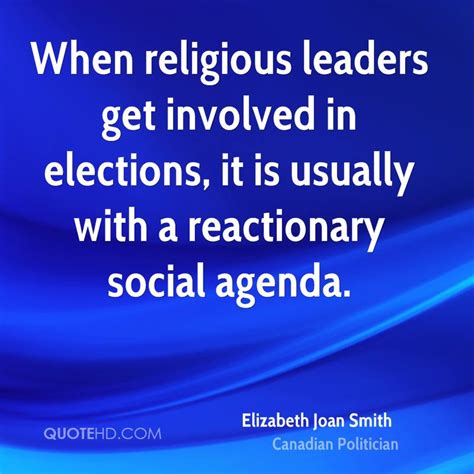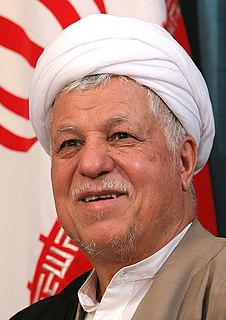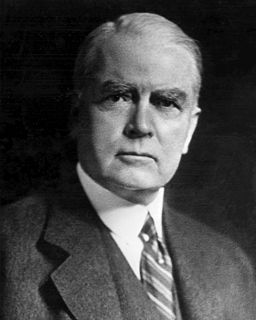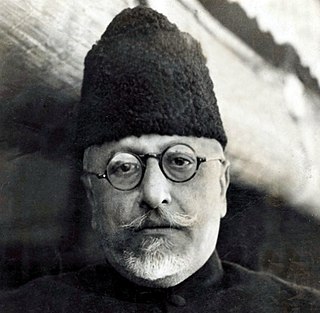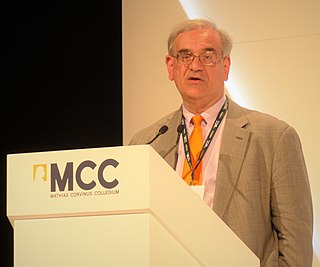A Quote by Elizabeth Joan Smith
When religious leaders get involved in elections, it is usually with a reactionary social agenda.
Quote Topics
Related Quotes
This democracy... The elections in Iraq were held despite the American opposition. It was the will of the Iraqi people and the religious authorities. [The elections] were the result of pressure by Ayatollah Sistani, by the Iraqi religious authorities, and by the fighting forces in Iraq on America. They left the US no choice but to allow the elections.
Religion that is imposed upon its recipients turns out to engender either indifference or resentment. Most American religious leaders have recognized that persuasion is far more powerful than coercion when it comes to promoting one's religious views. . . . Not surprisingly, then, large numbers of religious leaders have supported the Supreme Court in its prayer decisions.
We brought the religious leaders and the secular development workers together in one room. We asked the religious leaders what are your reservations about development workers? And we asked the development workers, what are your reservations about religious leaders? It turns out that most of the problems are not really problems at all, but rather misunderstandings, misconceptions, and mis-communications.
'Elections have consequences,' President Obama said, setting his new policy agenda just three days after taking office in 2009. Three elections later, the president's party has lost 70 House seats and 14 Senate seats. The job of Republicans now is to govern with the confidence that elections do have consequences, promptly passing the conservative reform the voters have demanded.
